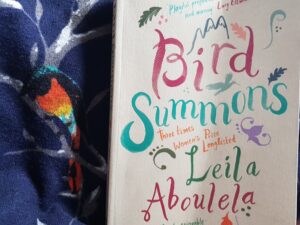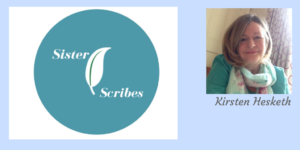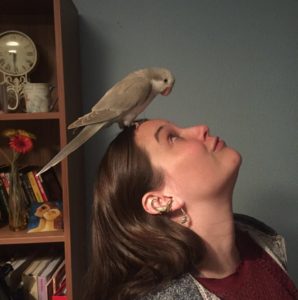I’m almost ashamed to say that I had never heard of the multi-award-winning author Leila Aboulela. Bird Summons – her fifth novel – can be described as both Scottish and Muslim fiction; and yet, as a Scottish Muslim who loves to read, she had not been on my radar at all.
What a treat I had in store.
Bird Summons hinges upon a simple enough premise. Three beautifully, realistically flawed Arab-Scottish women embark upon a journey – a pilgrimage, of sorts – to the remote Highlands, ostensibly to visit the grave of Lady Evelyn Cobbold: “the first British woman to perform the pilgrimage to Mecca, to educate themselves about the history of Islam in Britain, to integrate better by following the example of those who were of this soil and of their faith”.
Ostensibly is a good word. Bird Summons is so much than first presents itself. What begins as a nuanced bildungsroman of three immigrant women spanning their forties, thirties and twenties – Salma, Moni and Iman – soon becomes something much more. Into this blend Aboulela seamlessly incorporates ancient folklore stemming from the storytelling traditions of Scotland, India and the Arab world, creating something altogether more enchanting and thoroughly unique. As the threads of the three friends’ lives began to unravel, it was this new thread of allegory and parable that heightened the intrigue for me.
Be prepared: what starts as a story pleasantly grounded in realism, becomes increasingly, thoroughly and enjoyably weird. And yet it never jars. Aboulela makes it easy to embrace the fantastical.
Bird Summons also reads as a sort of love letter to Scotland, and the Highlands in particular. Aboulela’s sympathetic descriptions of the physical landscape her characters traverse certainly evoked a nostalgic, somewhat patriotic twinge for my homeland.
Special thanks to my childhood best friend for gifting me this novel and introducing me to this ‘new’ canon of work. You always promised you’d take me to Stonehaven, and I consider this a promise fulfilled. When they all converged on Dunnottar castle, I thought of you.
Bird Summons, by Leila Aboulela, was published in 2019 by Weidenfeld & Nicolson. It was a Guardian Best Book of 2019; shortlisted for the Saltire Fiction Book of the Year 2019; and longlisted for the Highland Book prize 2019.
Reviewed by Nadia Tariq



